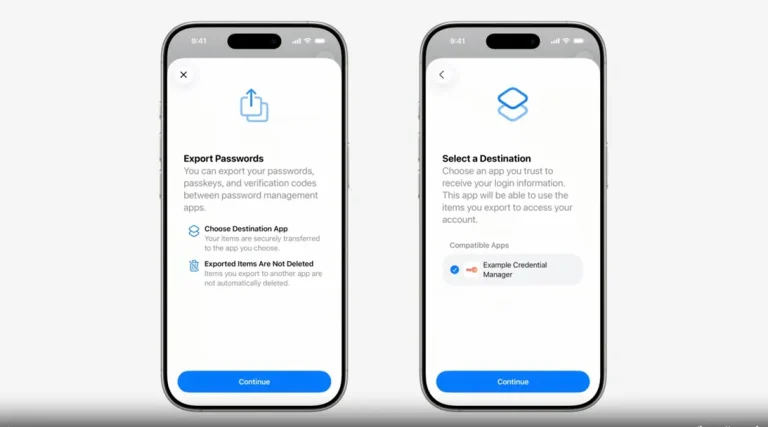
During WWDC 2025, while Apple emphasized significant advancements in its “Apple Intelligence” services and introduced the opening of its Foundation Models framework to empower developers to integrate AI into their apps, it conspicuously avoided any mention of the revamped Siri functionality that had been prominently showcased the previous year.
Apple highlighted several key enhancements introduced with iOS 26, including real-time translation, the reimagined Image Playground, the Workout Buddy feature, and more intelligent Shortcuts. The upgraded Visual Intelligence capability was also unveiled, enabling users to analyze screenshots using Google Search or compare items on Etsy, providing contextual information and even recognizing event-related data such as dates and locations to seamlessly add them to the calendar.
To broaden adoption, Apple announced the public release of its Foundation Models framework, allowing developers to incorporate Apple Intelligence features directly into their applications. These models are designed to operate on-device, ensuring functionality even offline, and offer native support for the Swift programming language. Developers can now integrate AI-powered features with as little as three lines of code, dramatically simplifying the development process.
Apple further detailed how Apple Intelligence is now deeply woven into the user experience across numerous apps. In the Reminders app, it can automatically recognize and categorize content from emails and websites. Apple Wallet now detects order details from emails and autonomously tracks shipping updates. Additional integrations span real-time translation, writing tools, Photos, and Smart Reply—each powered by Apple Intelligence.
Although Apple noted that Siri can now maintain conversational context even when a user pauses mid-interaction, it acknowledged that the assistant has yet to reach the level of fluid, natural conversation demonstrated during WWDC 2024. No update on Siri’s development timeline was provided, suggesting further refinement is still underway.
As of now, Apple Intelligence supports English, French, German, Italian, Brazilian Portuguese, Spanish, Japanese, Korean, and Simplified Chinese. By year’s end, support will extend to Danish, Dutch, Norwegian, European Portuguese, Swedish, Turkish, Traditional Chinese, and Vietnamese.
In light of varying regional regulations, Apple also clarified that certain features may not be available in all languages or countries.


